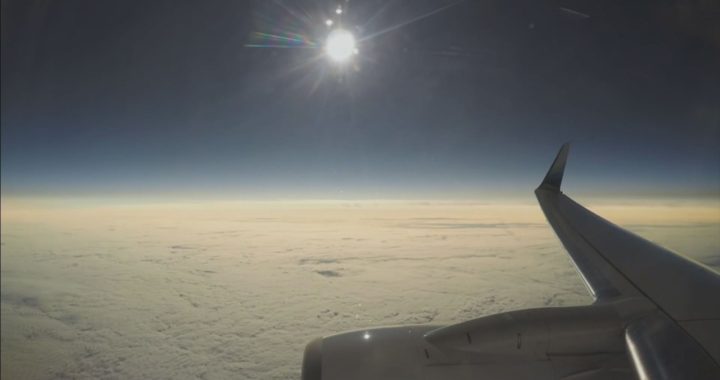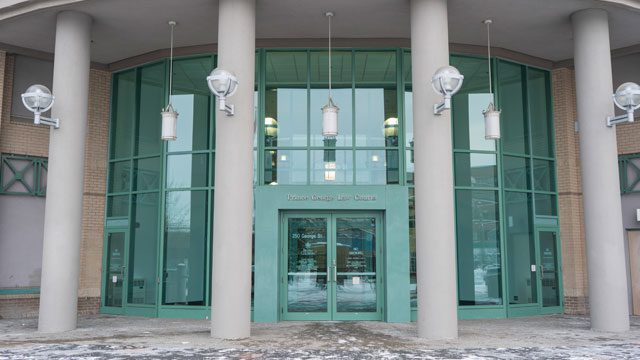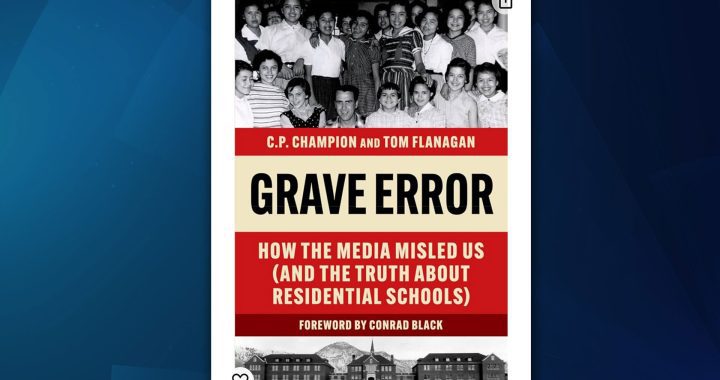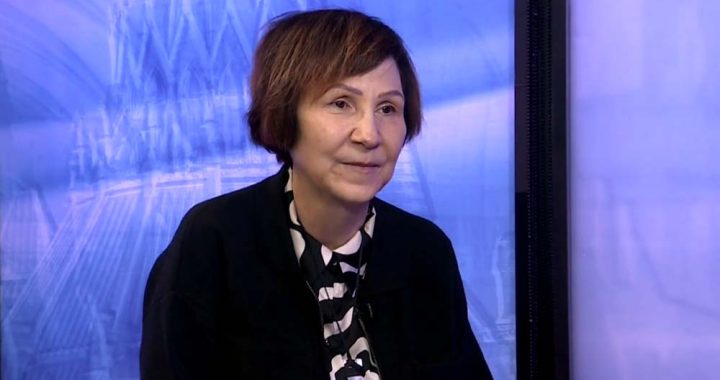Warning: This story contains details about Indian Day Schools that may be upsetting. The Hope for Wellness Hotline can be reached 24 hours a day at 1-855-242-3310 or online at www.hopeforwellness.ca
The weather was blistering hot, but for the 100 or so people walking the route two brothers took to escape the Mohawk Institute more than a half century ago, the temperature wasn’t going to deter them.
Called the Walk for Joe, the family of Rocky Commanda and the late Joe Commanda organized the day to remember the brothers who went to the school commonly called the Mush hole.
“Joey was such, day to day he was such a nice guy,” says Doug George, a survivor of the Mohawk institute and friend of Joey Commanda. “He was just a friendly, friendly 12 and 13 year old boy. Just a normal, wonderful kid. No matter how bad, he loved jokes.”
Only one brother survived the escape from the Mush Hole.
The family was supported by survivors of the Mohawk Institute from Akwesasne.
“It started like with this idea to start bringing him home. Like, we always thought, we always hoped that he was alive but I think in our hearts we knew it wasn’t,” says their sister Loretta Nadeau of the late August walk. “Then I thought of all the trauma, that you know, a sudden death and no family members around so I said, ‘We have to bring him home. We have to lay him to rest with the family.’”
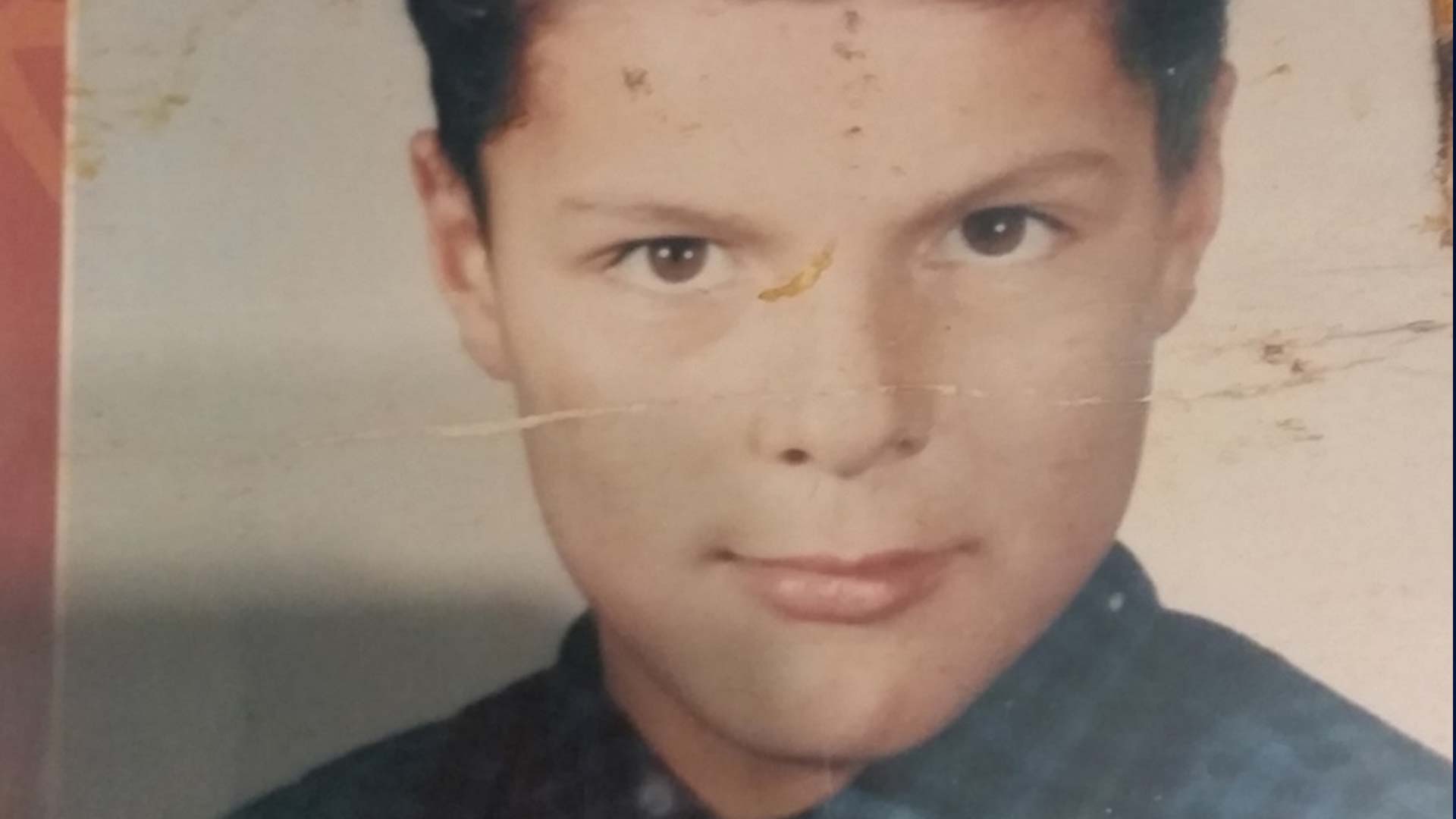
Almost from the day its doors opened, the Mohawk Institute had a dubious reputation.
Children who were forced to attend the “school” sometimes followed train tracks to escape.
Many of the children in the school were malnourished and poorly clothed.
That’s why many tried to return home to their families and communities.
In September 1968, Rocky and Joe did just that, setting off on a 450 km journey back home to Pikwaganagan, an Algonquin community northeast of the Mush hole towards Ottawa.
Just 50 km in, Rocky was apprehended.
“Joey escaped arrest and walked another 30 miles by himself,” says George. “Without water, without shelter. A thirteen year-old boy, ninety pounds, trying to make his way home. Kind of funny when you think about it, that any boy could do that. And yet he did.”
Listen to an extended interview with George about Joe Commanda here:
Family and supporters mirrored the boy’s escape route as safely as they could.
“They’re doing great like they’re saying we’re doing it, we’re doing it. Mind you, they’re limping, they’ve got blisters, but they’re pushing on,” says Nadeau.
Joe’s siblings are determined to set their brother’s spirit free.
The path took them through several cities including Hamilton, Brantford, Mississauga and Toronto where Joe’s escape came to a tragic end.
“He got hit by a train on number three track, right close to there and that’s the only safe spot we can get close to the tracks,” says Nadeau. “I’ve been there about five or six times already. The first time I went I just held onto the railings and shaked.”
George says he knows why Joey kept running rather than going back with his brother to the Mush hole.
“Joey’s death was a direct result of the fear that he had that he would be victimized. It’s related to the conditions at that institute, the brutality, the food deprivation, the sicknesses that took place there and the police never investigated this as a criminal matter the way they should have,” says George.
A coroner’s report found not fault with the train driver and no recommendations were made.
The federal government knew about the conditions in the Mush Hole but failed to act.
Former prime minister Stephen Harper eventually apologized for residential schools in 2008.
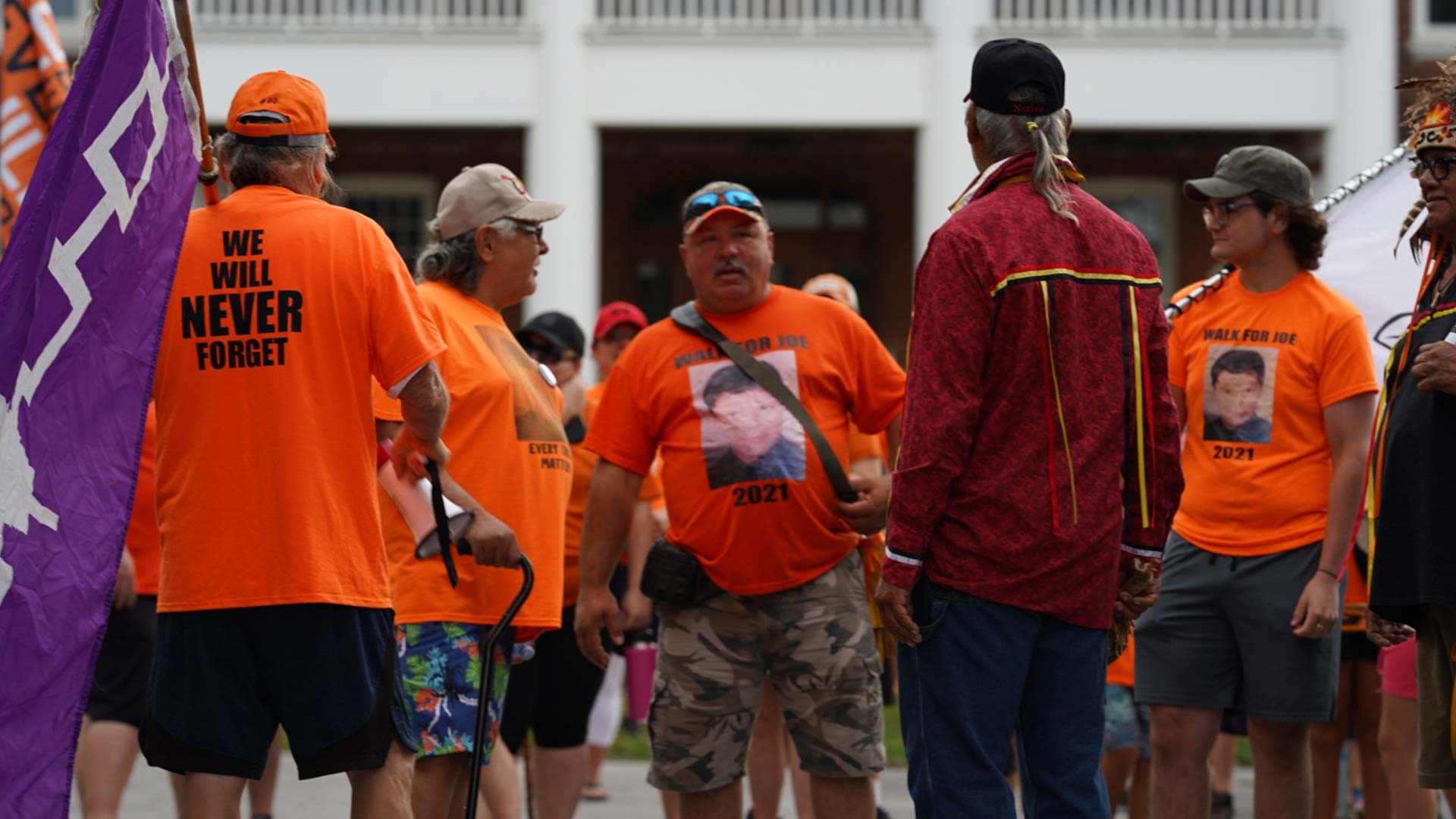
Fifty-three years have passed without healing or justice for the Commanda family.
Just before arriving at the tracks, a cooling rain came down as walkers pressed on.
“You know, I feel relieved,” says sister Jacquie Sarazin. “There’s something that was there all the while but I think, it’s going to be gone now.”
Brother Rocky Commanda felt relief as well.
“I’m sure happy it’s over with. It’s all the hard feeling I can say. That I’m glad it’s over with. I don’t want to do it again,” he says.
A ceremony and feast was held in Pikwaganagan.
Crown Indigenous Relations Minister Carolyn Bennett and Indigenous Services Minister Marc Miller put their federal election campaigns on hold to attend the walk.
Family and friends are hoping that the walk will result in increased federal consultation with survivors as more children are recovered and brought home.




